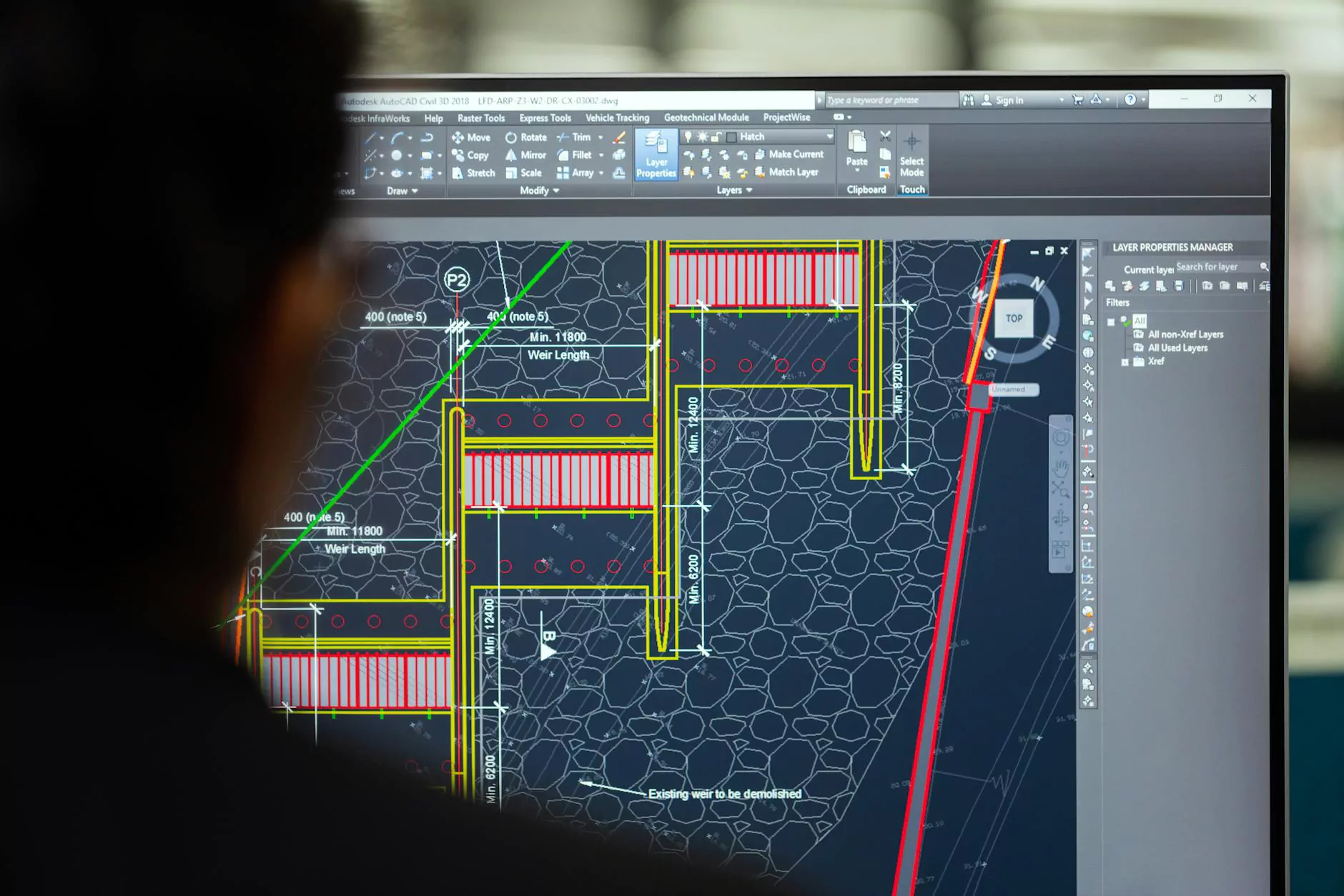Outsourcing Game Development: A Comprehensive Guide

What is Outsourcing Game Development?
Outsourcing game development is the practice of hiring external teams or companies to handle various aspects of game creation, from coding to art production. This strategy allows studios to focus on their core competencies while leveraging the specialized skills of third-party developers. Outsourcing game development is not merely a trend; it has become a crucial business strategy for companies looking to accelerate their game production and innovate efficiently.
Benefits of Outsourcing Game Development
The decision to outsource game development brings along a myriad of advantages that can significantly enhance production quality and company efficiency. Below are key benefits of adopting this approach:
1. Cost Efficiency
One of the most compelling reasons for outsourcing game development is the dramatic reduction in costs. Hiring external teams, particularly in regions with lower labor costs, can result in savings on salaries and overhead expenses. This enables studios to allocate resources more effectively and invest them back into other areas of the game, such as marketing and user experience.
2. Access to Expert Talent
When outsourcing, businesses can tap into a global talent pool consisting of experienced game developers, artists, and designers. Each contractor or agency brings unique expertise that enriches the game development process. This is particularly beneficial for specialized fields such as 3D modeling, animation, and graphic design, where the quality of the art can make or break a game's success.
3. Faster Time to Market
With dedicated teams working on different aspects of the game, outsourcing can accelerate the development timeline. This rapid development cycle is crucial in today’s competitive gaming industry, where getting a product to market quickly can lead to greater revenue and market share. Outsourcing game development allows for simultaneous work across various phases, ensuring that deadlines are met without compromising quality.
4. Focus on Core Competencies
Outsourcing allows game studios to concentrate on what they do best: creating engaging gameplay and compelling narratives. By delegating tasks such as coding or graphic design to specialized service providers, studios can channel their energy into areas that align with their innovation and vision.
5. Scalability and Flexibility
The ability to quickly scale teams up or down depending on project needs is another significant advantage of outsourcing. It allows studios to respond promptly to changing demands, whether that means ramping up for beta testing or scaling back after the launch. This flexibility supports a more dynamic development environment and leads to more robust game releases.
How to Choose the Right Outsourcing Partner
Selecting the right outsourcing partner is crucial for success in game development. Here are some factors to consider:
1. Portfolio and Expertise
Review the potential partner’s portfolio to understand their experience and capabilities. Look for niche areas that match your project needs, particularly in art galleries, graphic design, and 3D printing, which are critical components of game aesthetics.
2. Communication Skills
Effective communication is paramount in outsourcing. Ensure that your partner values clear and open communication channels, as this will facilitate smoother collaboration and avoid misunderstandings.
3. Project Management Approach
Inquire about their project management methodologies. Agile practices, such as Scrum or Kanban, can enhance productivity and adaptability during the development process. A partner with a transparent and collaborative approach is likely to yield better results.
4. Reputation and Reviews
Research the reputation of the outsourcing firm within the gaming community. Look for reviews, testimonials, and case studies that demonstrate their success with past projects.
5. Legal and IP Protection
Protecting your intellectual property (IP) is critical when working with external teams. Ensure that your outsourcing partner has clear policies in place for IP rights and confidentiality agreements.
Real-World Examples of Successful Outsourcing in Game Development
Many successful games have utilized outsourcing game development effectively. Here are a few notable examples:
1. Epic Games and Fortnite
Epic Games, the creators of Fortnite, effectively outsourced several development aspects, allowing them to push the boundaries of online gameplay. By employing external studios for artwork and additional level designs, they achieved a wider range of creativity and efficiency.
2. Blizzard Entertainment
Known for games such as Overwatch and World of Warcraft, Blizzard has strategically partnered with external teams to focus on high-quality art and user engagement features. These collaborations have elevated their franchises, showcasing the importance of graphic design in game development.
3. Ubisoft’s Collaborations
Ubisoft often collaborates with outsourcing teams around the world. This strategy has enabled them to maintain a high level of production across multiple game franchises while ensuring that distinct styles and narratives are kept intact.
Future Trends in Outsourcing Game Development
As the gaming industry evolves, so does the landscape of outsourcing game development. Here are some upcoming trends to watch:
1. Increasing Use of Augmented and Virtual Reality
With the rise of AR and VR games, outsourcing partners who specialize in these technologies are likely to become critical. Expect more studios to seek external expertise to ensure high-quality immersive experiences.
2. More Remote Collaborations
The trend towards remote work has been accelerated by global events. As a result, more game studios will collaborate with remote outsourcing teams, taking advantage of diverse talent from across the globe, ensuring a broad range of ideas and innovations.
3. Enhanced Focus on Diversity in Game Development
As the gaming community becomes more inclusive, studios may choose to outsource to teams that bring varied perspectives and cultural insights into their projects. D diversity can lead to richer storytelling and character development.
Conclusion
Outsourcing game development is a strategic move that can lead to significant advantages for game studios, including cost savings, access to top talent, and faster deployment times. By carefully selecting outsourcing partners and embracing the latest trends, companies can create successful, engaging games that resonate with players worldwide. With Pingle Studio’s expertise across art galleries, graphic design, and 3D printing, it’s clear that the potential for innovation in game development is boundless. Choosing to outsource game development can unlock new pathways for creativity and success in your gaming projects.









